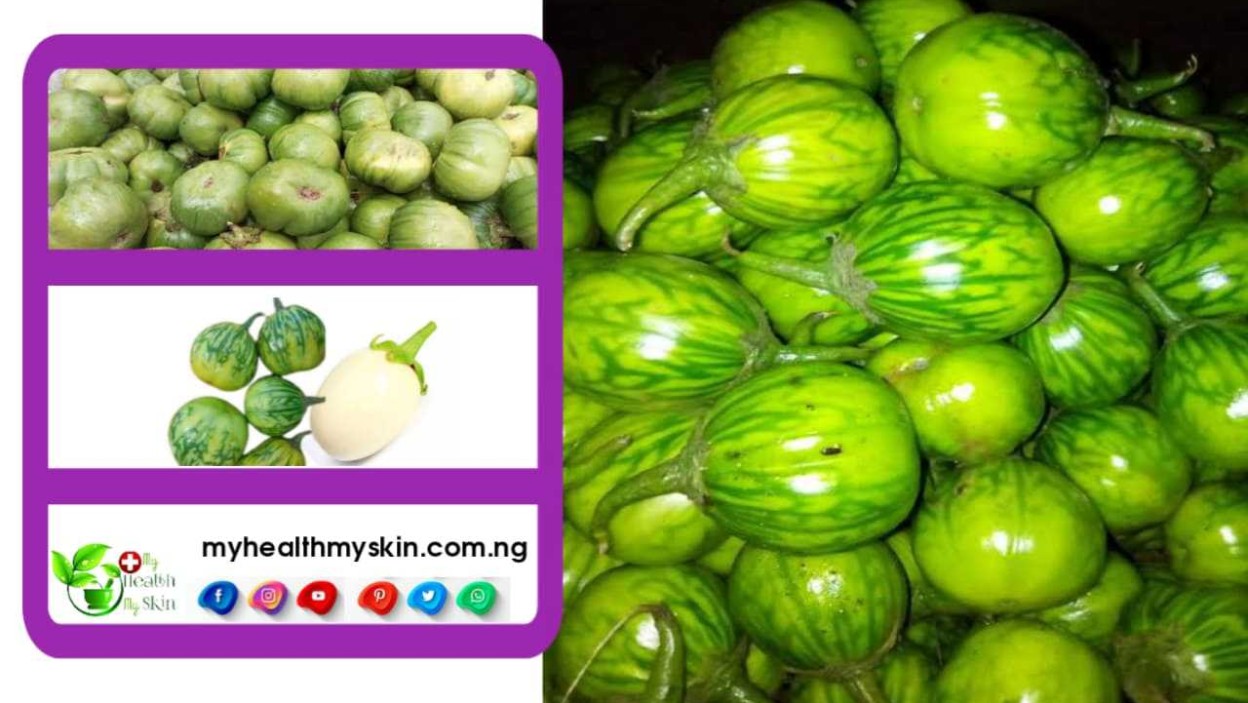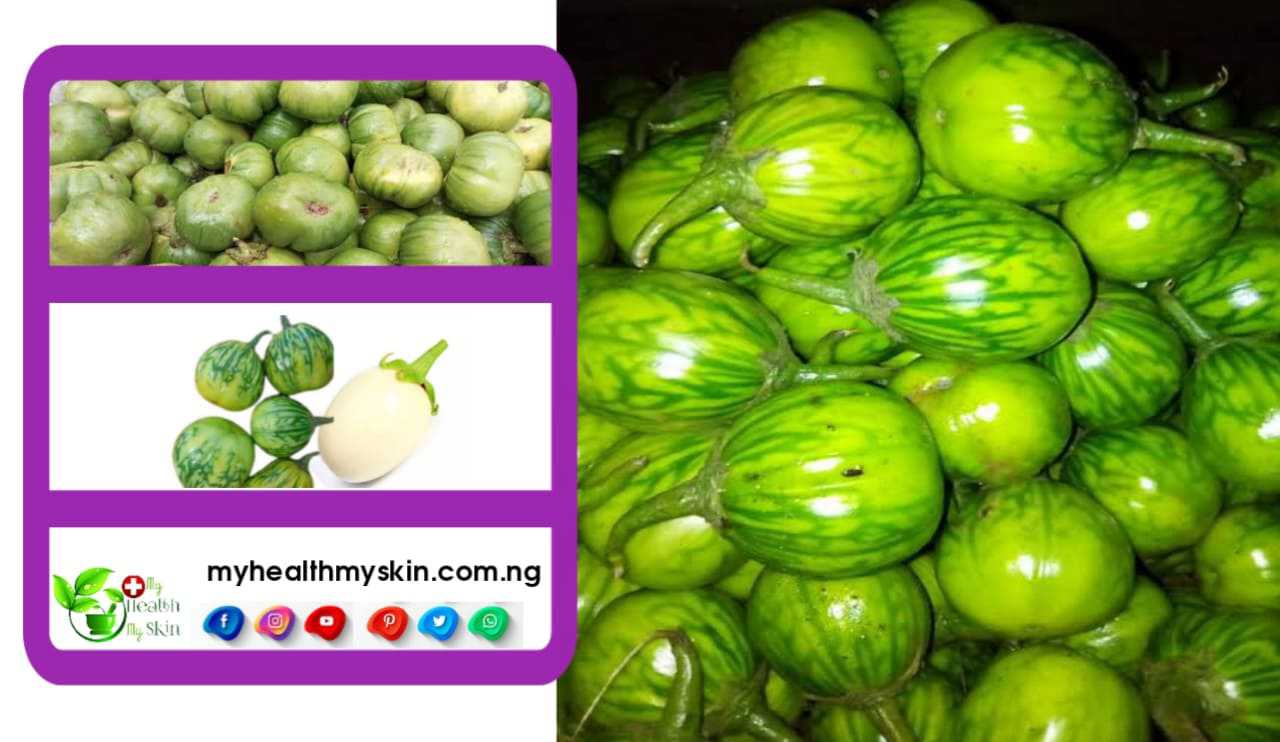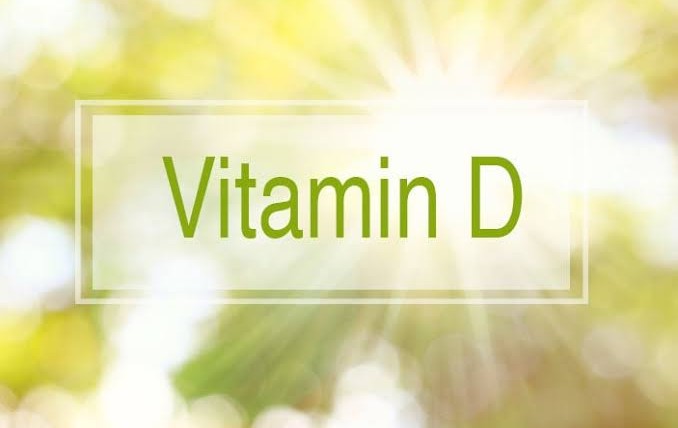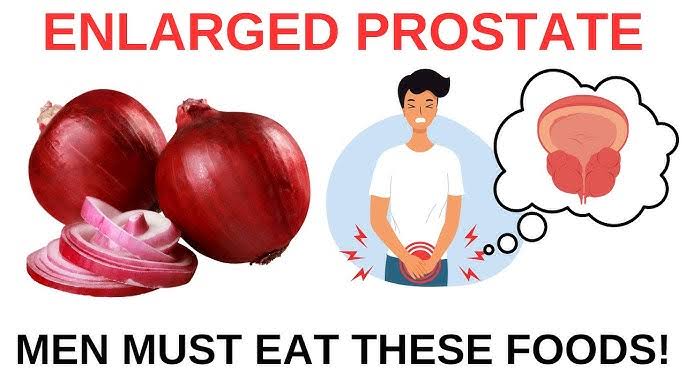Garden eggs also known as eggplant is a very popular vegetable and therefore can be used in different ways, such as Garden egg water, garden egg flour, garden egg in capsules and in various dishes, such as pies, cakes, soups and much more. Raw garden egg contains a significant amount of solanine, a substance that can cause serious intestinal disorders.
[lwptoc]
What exactly is a garden egg?
Garden egg is a vegetable from the nightshade family. Therefore, it is a ‘close relative’ of tomatoes, okra.
Garden egg grow in all shapes, sizes and colors. But in general, garden egg will only thrive in warm climates.
They range in size from a tiny ball about two inches in diameter to the more oblong, tubular size of 12 inches long, or even larger. The seeds of all garden eggs varieties are edible and easy to cook.
Garden eggs are a staple food in the Mediterranean region. Additionally, eggplants are popular in classic dishes such as Greek moussaka and Italian eggplant which are favored in the Middle East.
Garden egg is also often served as a boiled, grilled, or fried vegetable and used as a garnish and in stews. And it is often consumed in many ways, such as being processed into chili sauce, fresh vegetables, fried in flour, and eaten raw.
Disadvantages of Garden eggs
In addition to the many health benefits of eating garden eggs, there are also side effects. Here are some disadvantages of garden egg that you should be aware of.
Cause Allergies
Garden egg is a member of the nightshade vegetable family, which has been linked to allergic reactions. Due to certain transfer proteins-lipids, eggplants can trigger allergic reactions in some people in very rare circumstances. Difficulty breathing, swelling and itching are some of the symptoms.
Garden eggs has the potential to cause anaphylaxis in rare circumstances (hypersensitivity conditions). If you have a bad reaction to eggplant, stop eating it and consult a doctor.
Inhibits absorption of iron
Nasunin, an anthocyanin found in eggplant skins, binds to iron and carries it out of cells. In other words, it has the potential to limit iron absorption. People with low iron levels should limit their eggplant intake.
Cause poisoning
Solanine is a poison that occurs naturally in garden egg. Excessive eggplant consumption can cause vomiting, nausea, and drowsiness. Consuming eggplant in moderation may not be harmful. However, in an emergency, seek medical help.
You may also be interested in:
Garden Egg Leaf: 16 Potential Health Benefits And Side Effects
Bitter Leaf: 12 Potential Health Benefits And Side Effects
Garden Eggs: 8 Potential Health Benefits and Side Effects
Utazi Leaf: Nutrition, 14 Health Benefits
Possible risk of kidney stones
Oxalates in garden egg can increase the risk of kidney stones in some people. However, the data provided are not sufficient to confirm this. If you are prone to kidney stones, reduce your eggplant intake and see a doctor. As a result, eating eggplant has both health benefits and downsides.
So, there you have it, disadvantages of garden eggs you never knew. However, consuming anything in excess is not good for health. It would be better to set a healthy diet and according to portions.
We hope this article helped you learn disadvantages of garden eggs. You may also want to learn 7 Incredible Benefits Of Eggplant For Health & Skin, or check out our Diet & Nutrition category.
If you liked this article, then please share on your social networks and stay tuned for upcoming articles. You can also find us on Facebook, and Telegram.









